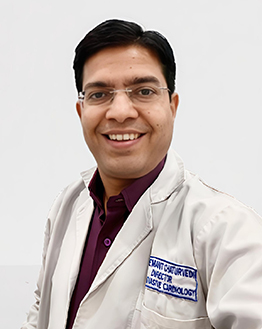A Holter monitor is a type of diagnostic test used to monitor the functioning and performance of the heart. It is a portable electrocardiogram (ECG) that records the electrical impulse of the heart continuously for 24 hours or more depending upon the condition of the patients. Usually, a standard ECG is taken while resting that evaluates the condition of the heart at that time. But in many cases, the ECG comes normal while resting but the patient still feels pain and discomfort while performing different tasks. Therefore, Holter monitoring is done in these cases so that the doctor gets a brief idea about the condition of the patient.
Conditions required for Holter Monitoring:
In certain conditions, the doctor requires a Holter test when usual diagnostic tests are unable to find the heart problem. Some of the conditions in which the Holter test is required are:
- Irregular heartbeats or palpitations
- To see if the pacemaker is working
- Evaluate chest pain
- To evaluate the efficacy of the treatment
- To assess the risk of heart-related conditions
- To evaluate the proper function of the heart
· Risks of Holter Monitor:
- Holter Monitor is quite safe and the risk associated is rare. Still, some of the risks include
- Difficulty to keep the electrodes stuck to the skin and extra tape is required.
- Discomfort
- Skin irritation
- Tissue breakdown
Factors that affect the Holter test:
- Certain Medicines
- Excessive sweating
- Close proximity to magnets, high voltage wires, electrical appliances, cell phones, microwave ovens etc.
Procedure:
- The doctor will ask to remove any jewelry or metal that can obstruct the reading.
- The electrodes are attached to the chest to maintain the personal privacy of the patient after cleaning the area where the electrodes are to be attached.
- Holter monitor is then connected to the electrodes with wire.
- A small monitor box is required to be carried in a bag, clipped to the body.
- Once the connection is made then the ECG is recorded while performing daily activities for 24 hours or more based on the requirement.





